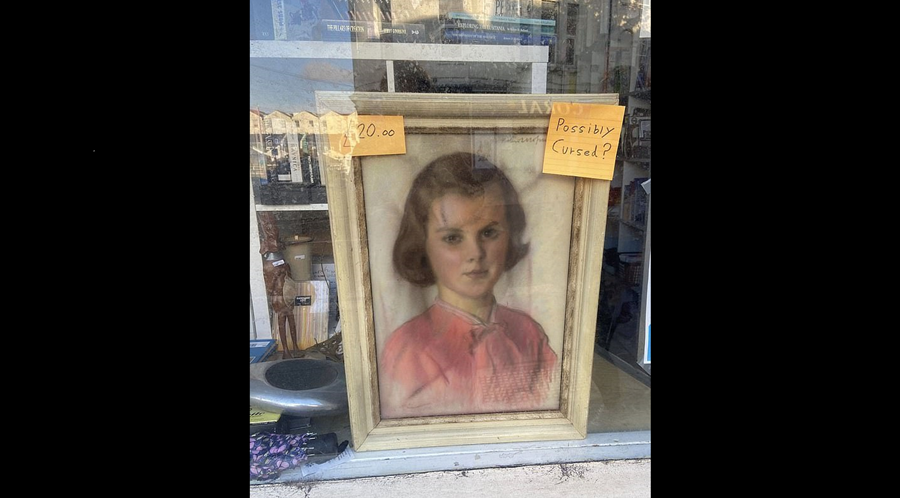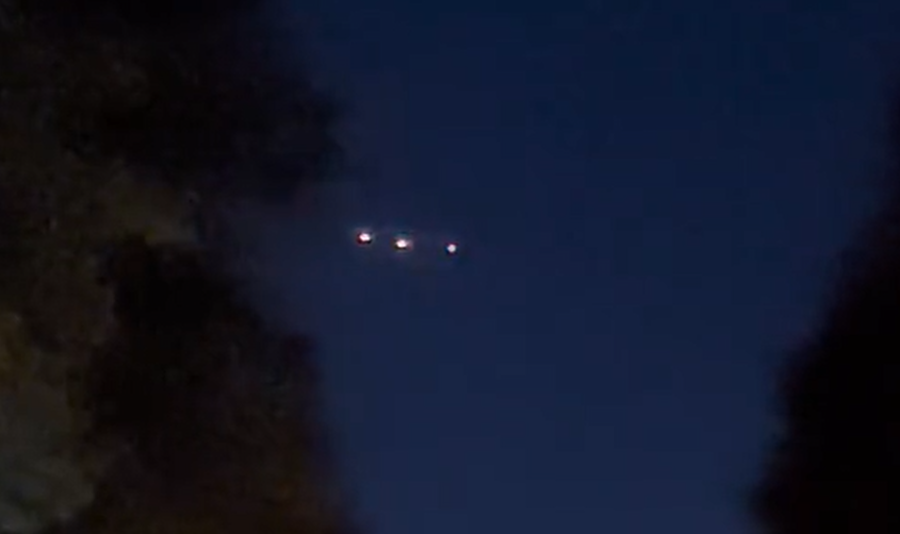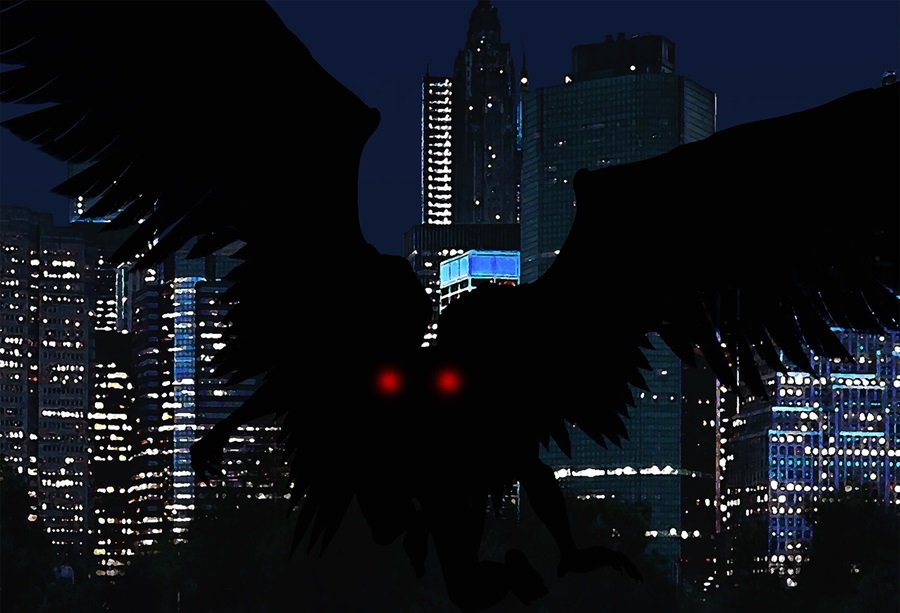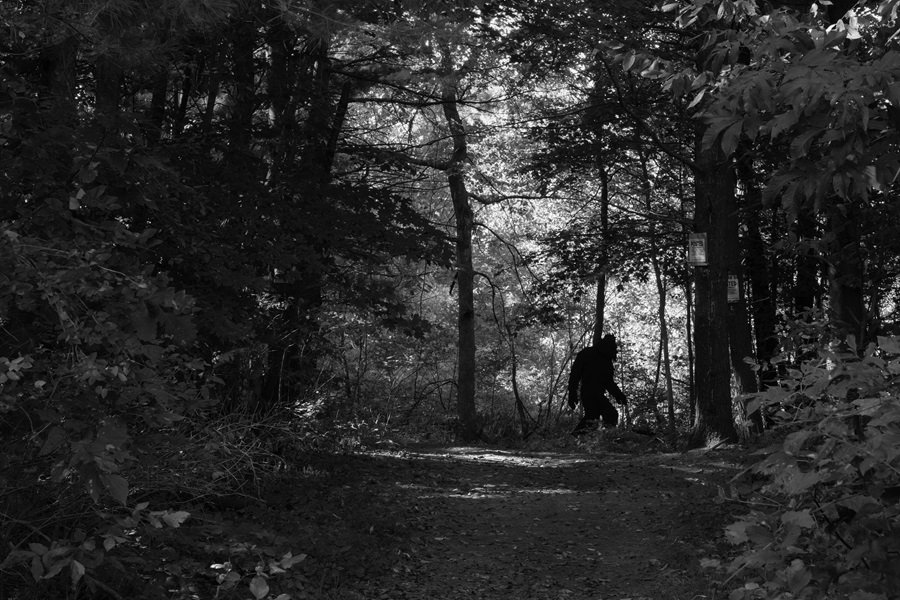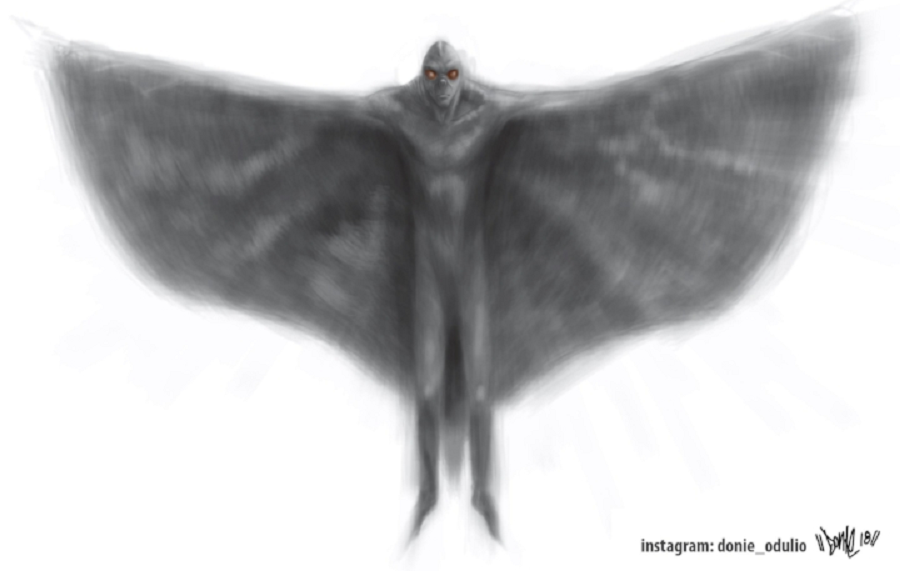Canadian Woman Wins $60 Million Jackpot after Betting on Numbers from Husband's Dream
Lottery winner Deng Pravatoudom of Toronto, Canada. (OLG)
Deng Pravatoudom of Toronto, Canada, became a multimillionaire last month after winning a $60 million jackpot from the December 1st, 2020 draw, said the Ontario Lottery and Gaming Corporation (OLG) in a January 18th press release.
Pravatoudom, a 57-year-old married mother of two adult children and two grandchildren, emigrated to Canada from Laos with her 14 siblings in 1980, and along with her husband, has worked as a general laborer for the past 40 years.
“My family was sponsored by a local church and because we had nothing, I am thankful for the great support they provided us over the years,” she said. “My husband and I have worked long hours as general laborers for over 40 years, trying to save what we could for our family. Due to the pandemic I was laid off last spring, so this money will certainly help make our lives much easier.”
According to Pravatoudom, it was her husband who told her the news.
“I went to the bank to pay some bills and my husband went to check the tickets," she said. "When we got into the car, he told me we won the $60 million jackpot. He was serious, not joking, so I knew he was telling the truth. I started to cry. I have always prayed for a blessing that my family would be taken care of!”
Pravatoudom has been regularly playing the lottery with the same numbers for the last 20 years, based on numbers which came to her husband one night in a dream. The same set of numbers won her the jackpot.
“I left my temple after prayers, went to a nearby mall for some errands and to check my LOTTO MAX ticket. I won a Free Play ticket and added ENCORE," she said. "I couldn’t believe a few days later that free ticket would be worth $60 million!”
Precognitive dreams have a long, divisive history dating back to at least the 4th century BC, when philosophers such as Aristotle and Democritus would debate the nature of dream divination. While Democritus suggested that emanations from future events were sent backwards in time to the dreamer, Aristotle proposed that, instead, it was the dreamer's sense impressions which were sent forward to the event.
Belief in the phenomenon persists today, despite numerous attempts by mainstream science to debunk it, with research performed in 2013 for the University of Edinburgh’s Department of Psychology suggesting that a third of adults have had a precognitive experience, often in the form of a dream that seemingly predicts the future.
To report your own encounter with the impossible, reach out to us directly at the Singular Fortean Society through our contact page.
If you enjoyed this article and would like to support the Singular Fortean Society, please consider becoming an official member by signing up through our Patreon page—membership includes a ton of extra content and behind-the-scenes access to the Society’s inner workings.





